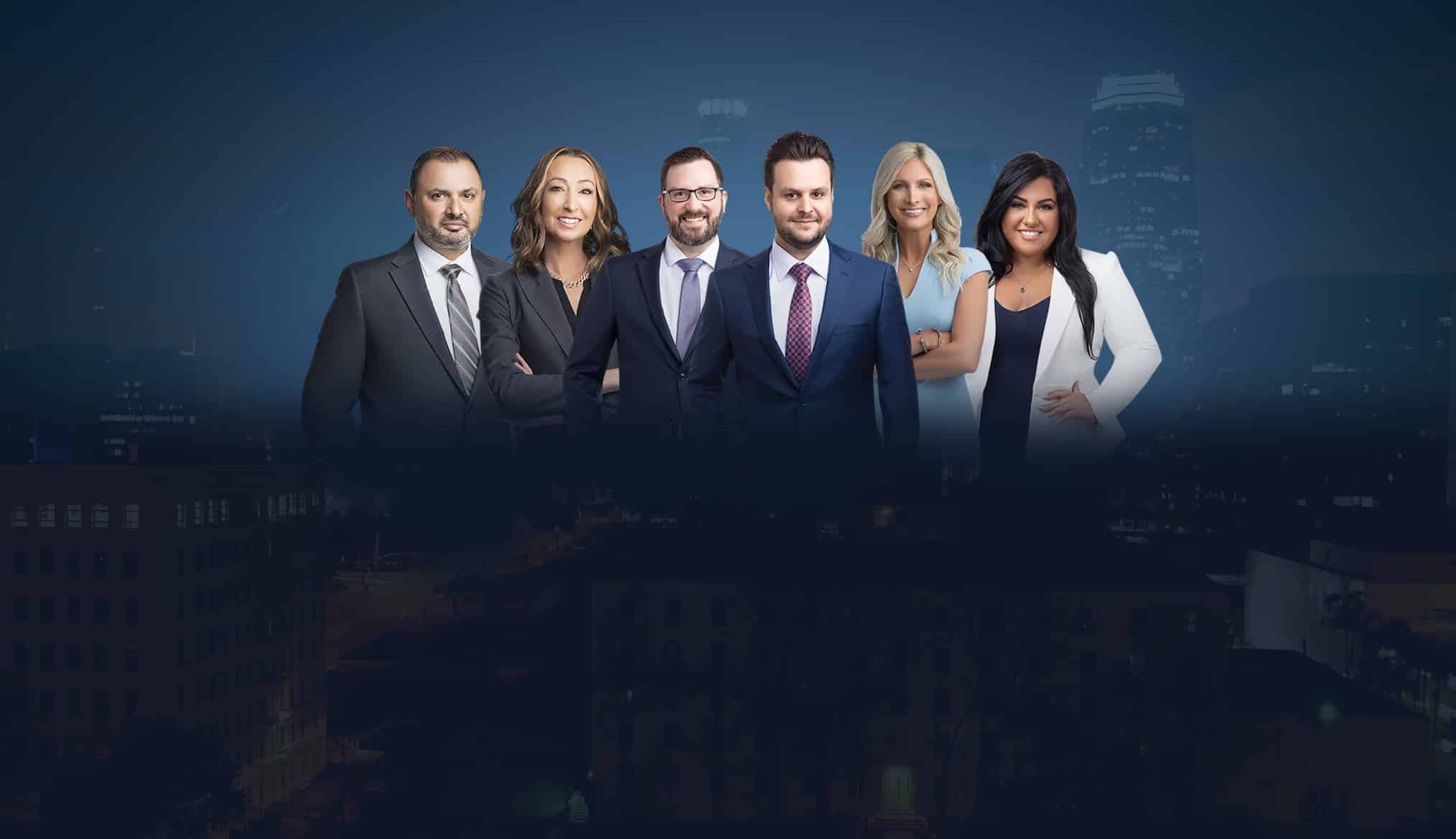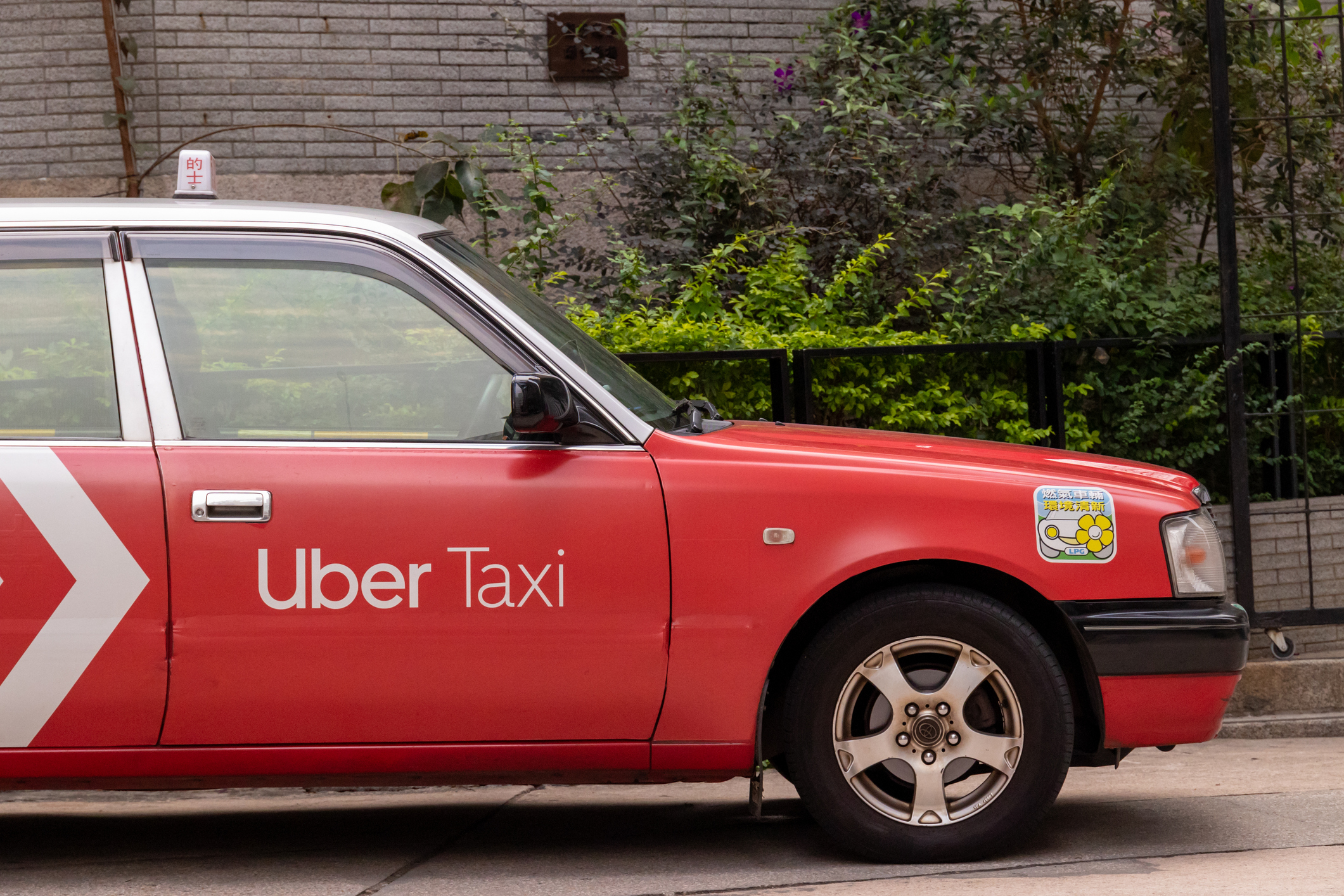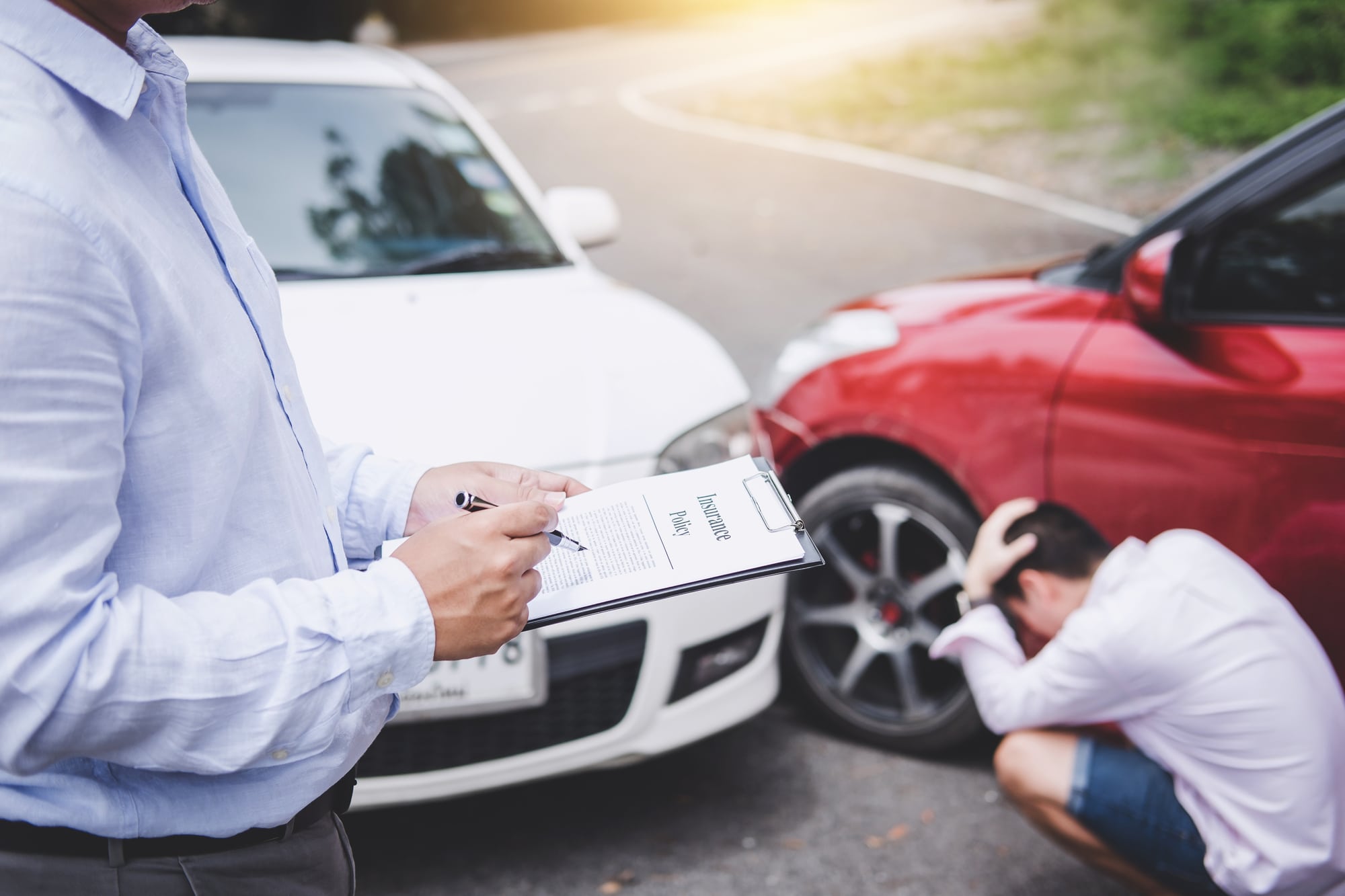Were You Involved in a Rideshare Accident?
Whether you’re on your way to work or doing the responsible thing and getting a ride home after a night out, rideshares offer an invaluable service. Many of us get into these cars with the idea that the driver is trained, properly vetted, and trustworthy. But what happens when you are involved in a car accident with someone who is working for Uber or Lyft?
When you suffer damages because of someone else’s negligence, that person or business should compensate you for your damages and make you whole. But when you’re in an accident involving a rideshare company, who should be held accountable? Do you concentrate your efforts on the driver or the company they work for?
Sigal Law Firm will help you understand Michigan’s rideshare laws and your legal options for recovering compensation.
What Are Michigan’s Specific Rideshare Laws?
In Michigan, rideshare companies are legally classified as Transportation Network Companies (TNCs) under the Limousine, Taxicab, and Transportation Network Company Act. This set of laws sets the requirements for TNC companies, their drivers, and insurance coverage.
Key takeaways include:
- Background checks: All TNC drivers must pass criminal background checks and have a clean driving record. Drivers cannot have major convictions, like DUIs, within the last five years.
- Vehicle inspections: Rideshare vehicles must undergo annual inspections conducted by a licensed mechanic.
- Zero tolerance for drugs and alcohol: Michigan enforces a zero-tolerance policy for TNC drivers. They are 100% not allowed to operate their vehicle under the influence of drugs or alcohol while on duty.
Michigan’s TNC laws also require a set amount of insurance coverage, but the amount varies depending on certain circumstances.
What Insurance Coverage is Required for Rideshare Companies?
Both Uber and Lyft must carry a minimum amount of insurance coverage for people involved in accidents with rideshare drivers, whether as passengers or other drivers. What matters is what the driver was doing at the time of the accident, and the status of their driving app.
App is Turned Off
When a rideshare driver is involved in a crash, but their app is turned off, their personal insurance covers all damages.
App Is On and the Driver Is Available for a Trip, but Hasn’t Accepted a Trip Request
Both Lyft and Uber’s insurance coverage requirements for accidents involving drivers whose app is active, but they have yet to accept a request, are as follows:
- $50,000 for bodily injury per person
- $100,000 for bodily injury per accident
- $25,000 for property damage per accident
The Driver Is En Route or Has a Rideshare Passenger
Suppose the accident occurs while the rideshare driver is on their way to pick up a rideshare passenger, or they are transporting a rideshare passenger. In that case, their insurance coverage is as follows:
- At least $1,000,000 for third-party liability coverage.
- Uninsured and underinsured motorist coverage if another driver causes the crash and doesn’t have adequate insurance.
Michigan law requires the insurance coverage carried by rideshare companies and their drivers to explicitly say it covers rideshare activity.
Who Can Be Held Liable for Rideshare Accidents?
Rideshare accidents are a complex legal mess because of the multiple parties involved. Unlike a regular car crash, where fault lies with one driver and their insurer, rideshare accidents are more like commercial truck accidents with an extra layer of legal complication because of the corporate complexity.
The Driver
The most obvious source of liability is the Uber or Lyft driver. If their actions were negligent, whether because of speeding, reckless driving, or distracted driving, they can be held responsible for the crash. Michigan law allows injured victims to pursue damages against the negligent driver.
The Rideshare Company
Lyft and Uber take extensive legal measures to shield themselves from direct liability. This is most apparent in the classification of their drivers; rideshare drivers are considered independent contractors, liable for their own actions. However, there are still certain circumstances in which the company can still be held accountable. They most often include the following:
- Negligent hiring
- Failure to deactivate a driver after safety complaints
- App or navigation system issues that contributed to unsafe driving
Proving that the corporation is partially liable for your damages requires comprehensive investigations and the assistance of an experienced Michigan personal injury attorney.
Other Drivers Involved In the Accident
If another driver caused the crash, that individual and their insurer may be held fully or partially liable.
What is Comparative Fault?
Michigan’s comparative fault system allows more than one party to be held liable for an accident. Also, comparative fault allows you to recover damages even if you are partially liable for the accident. As long as you are 50% or less liable for the accident, you can pursue damages.
For example, suppose your driver was driving too fast in poor weather conditions and another driver ran a red light and they collided. In that case, both parties may share liability for your damages.
Do You Need a Personal Injury Attorney?
As you can see, this situation is complex, and many factors can heavily influence the outcome. Attempting to take on this case without a personal injury attorney can end up with you leaving money on the table or outright losing your claim.
Sigall Law Firm has the experience to hold rideshare drivers and the companies that employ them accountable for their negligence. When you become our client, we will immediately begin investigating your case and considering all of the complex factors. Once we identify who is accountable for your injuries, property damage, lost wages, and other damages, we will begin building our case against them.
Call 248-671-6794 to schedule your free consultation today.
















